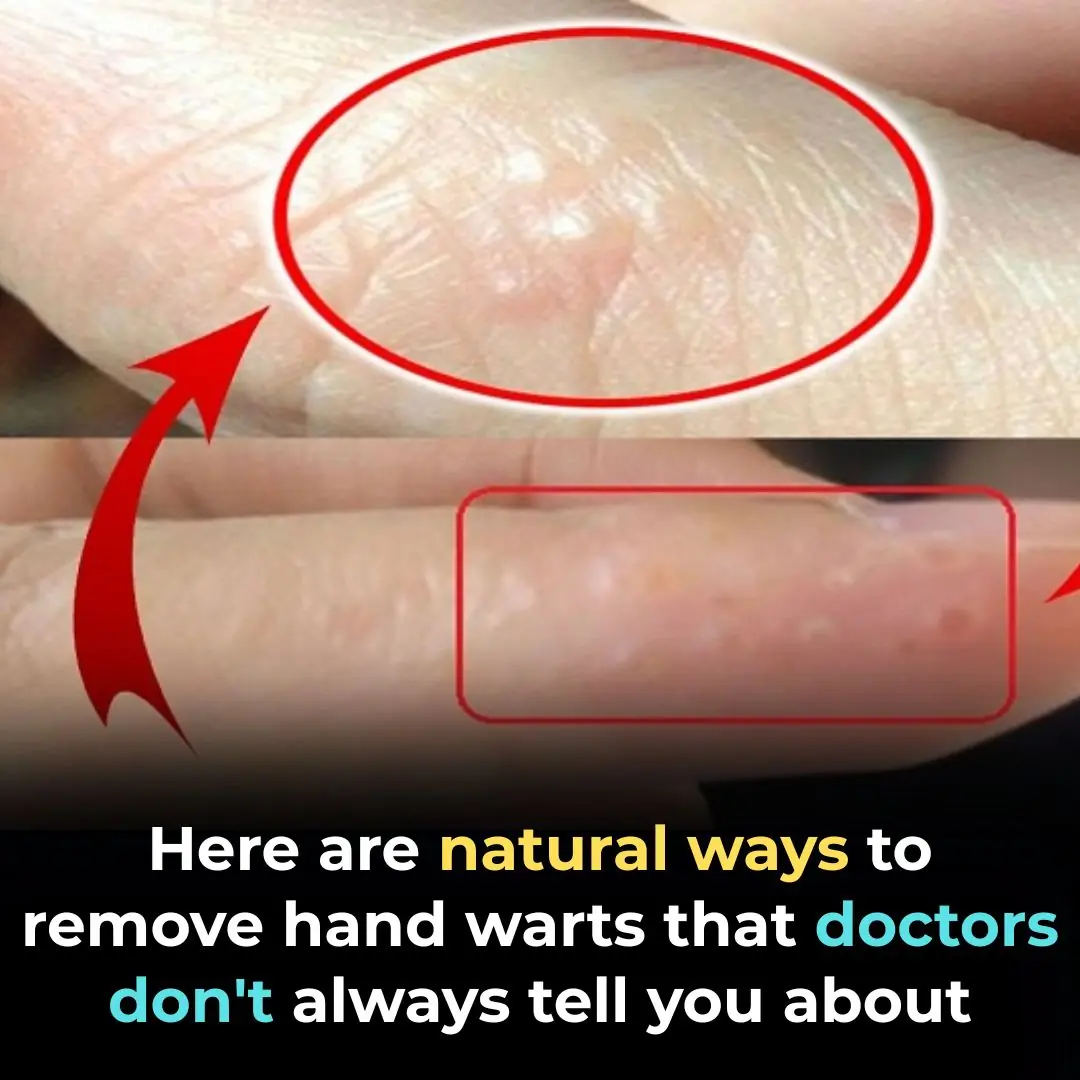
Sharp Pain in Ear: Causes, Treatments, and When to See a Doctor
Sharp Pain in Ear: Causes, Treatments, and When to See a Doctor
Experiencing a sharp pain in the ear can be very worrying and cause a lot of discomfort, making it difficult to concentrate, go about your daily activities, or even keep your balance.
The ear is a complex sensory organ connected closely to the nose, jaw, and facial muscles. Because of this, ear pain can be caused by conditions originating in the ear itself (outer, middle, or inner ear infection) or referred pain from nearby areas, such as the jaw, sinuses, or teeth.
This article looks at the common symptoms and causes of sharp ear pain, natural remedies to soothe an earache, and when you should seek professional medical help.
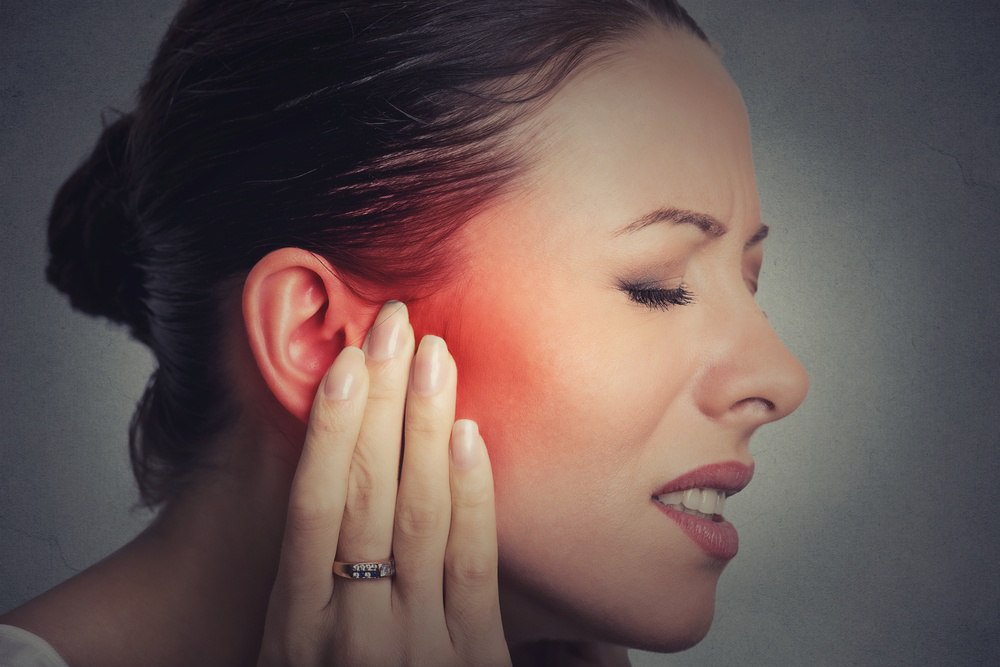
Symptoms That May Accompany Ear Pain
Ear pain, especially if it is sharp and severe, is often accompanied by other symptoms that can make you feel worse. Depending on the cause of the sore ear, you may experience:
-
Blocked nose or fluid discharge from the ear.
-
Fever and other signs of a cold or flu virus.
-
Redness and swelling around the outer ear.
-
Jaw pain, sore throat, or a constant ringing in the ears.
-
Vertigo and difficulty keeping your balance (if the inner ear is affected).
Causes of Sharp Ear Pain
The pain can originate directly in the ear (primary causes) or come from an outside source (referred pain).
Primary Ear Conditions
Other Causes (Referred Pain)
-
Temporomandibular Joint Disorder (TMD) Syndrome: Stress, teeth grinding, or arthritis can cause jaw pain that radiates directly to the ear.
-
Toothache: Severe inflammation of the gums or tooth decay can cause pain that radiates up to the ear.
-
Tonsillitis: Inflammation of the tonsils can cause nerves connecting the throat and ear to become inflamed, resulting in sharp ear pain.
-
Chronic Sinusitis: Pressure from blocked sinuses can affect the ears, causing discomfort and pain.
-
Hay Fever (Allergic Rhinitis): Allergens can cause inflammation that leads to an increase in middle ear infections.
How to Treat Sharp Ear Pain Naturally
Many home remedies can help relieve sharp pain in your ears and soothe associated symptoms.
1. Warm or Cold Compress
Applying temperature can quickly provide relief from shooting pains.
-
How to Use: Dip a clean washcloth in either warm or cold water (whichever feels better), squeeze out the excess water, and hold it to your affected ear for 20 minutes. Repeat 3–4 times a day.
2. Olive Oil
Warm olive oil can help soften earwax, making its removal easier and soothing pain.
-
How to Use: Warm the olive oil (ensure it is not hot). Using a dropper, put a few drops into your affected ear and keep your head tilted for a few minutes. Gently wipe away any softened wax from your outer ear.
3. Hydrogen Peroxide (for Outer Ear Issues)
Three percent () food grade hydrogen peroxide can help soften ear wax and disinfect germs that may cause an outer ear infection.
-
How to Use: Tilt your head and put a few drops of food grade hydrogen peroxide in your ear. Press on the small triangle of skin in front of your ear for 10–15 seconds, then tilt your head to drain. Do not use this for middle ear infections or a ruptured eardrum.
4. Steam Inhalation
For earache caused by respiratory infections or sinusitis, inhaling steam with essential oils can help clear blockage.
-
How to Use: Add a few drops of antiseptic essential oils (like Eucalyptus, Lavender, or Rosemary) to a heatproof bowl of boiling water. Place a towel over your head and breathe in deeply to help the therapeutic steam reach your respiratory system.
When to See a Doctor
If the sharp pain in your ear continues after a few days of using home remedies, you should visit your doctor. Ear infections can become very serious if the infection starts to spread.
Seek medical attention if you experience the following symptoms:
-
The ear pain is very severe and lasts more than a day.
-
You notice discharge, pus, or blood coming from your ear.
-
An infant or young child has earache.
-
You have a high fever.
-
You get frequent ear infections that cause you pain.
News in the same category


Medicinal Health Benefits of Turmeric, Curcumin and Turmeric Tea Based on Science

The best way to lower blood pressure fast!

9 Habits You Need To Adopt Today To Stop Alzheimer’s or Dementia Before It Starts
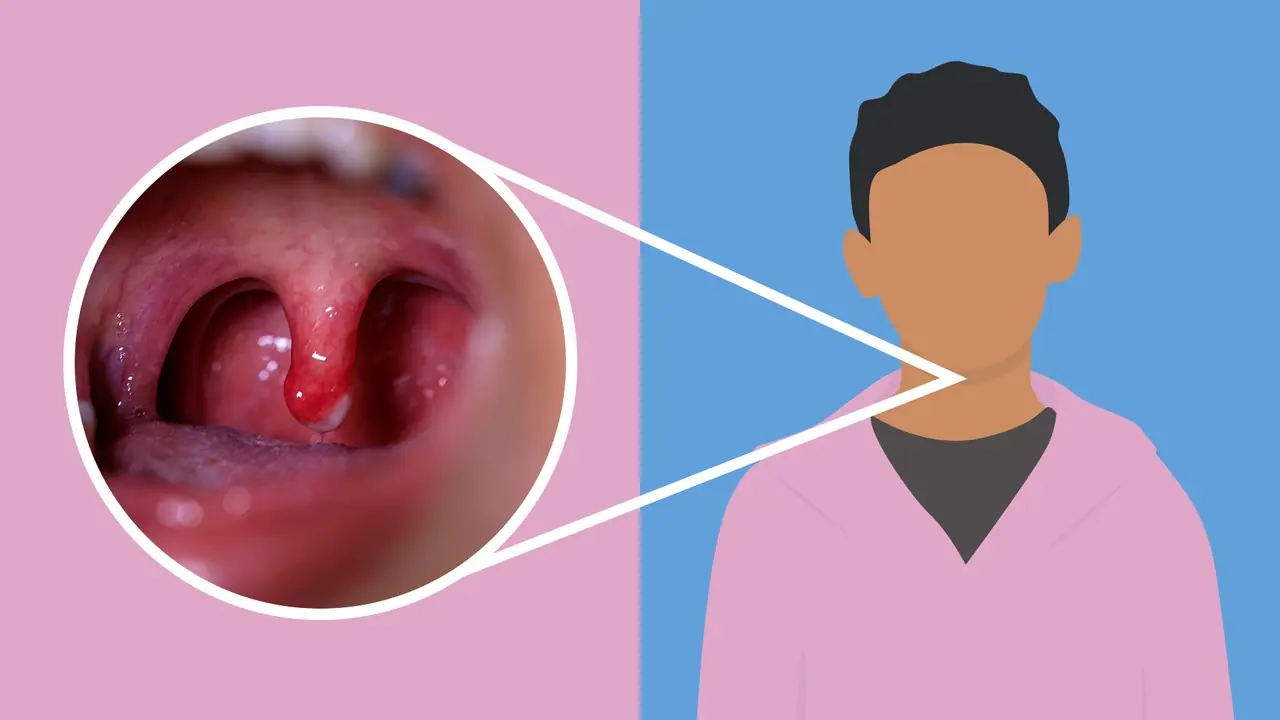
Get Rid of Throat Mucus Faster With These Highly Effective Natural Remedies
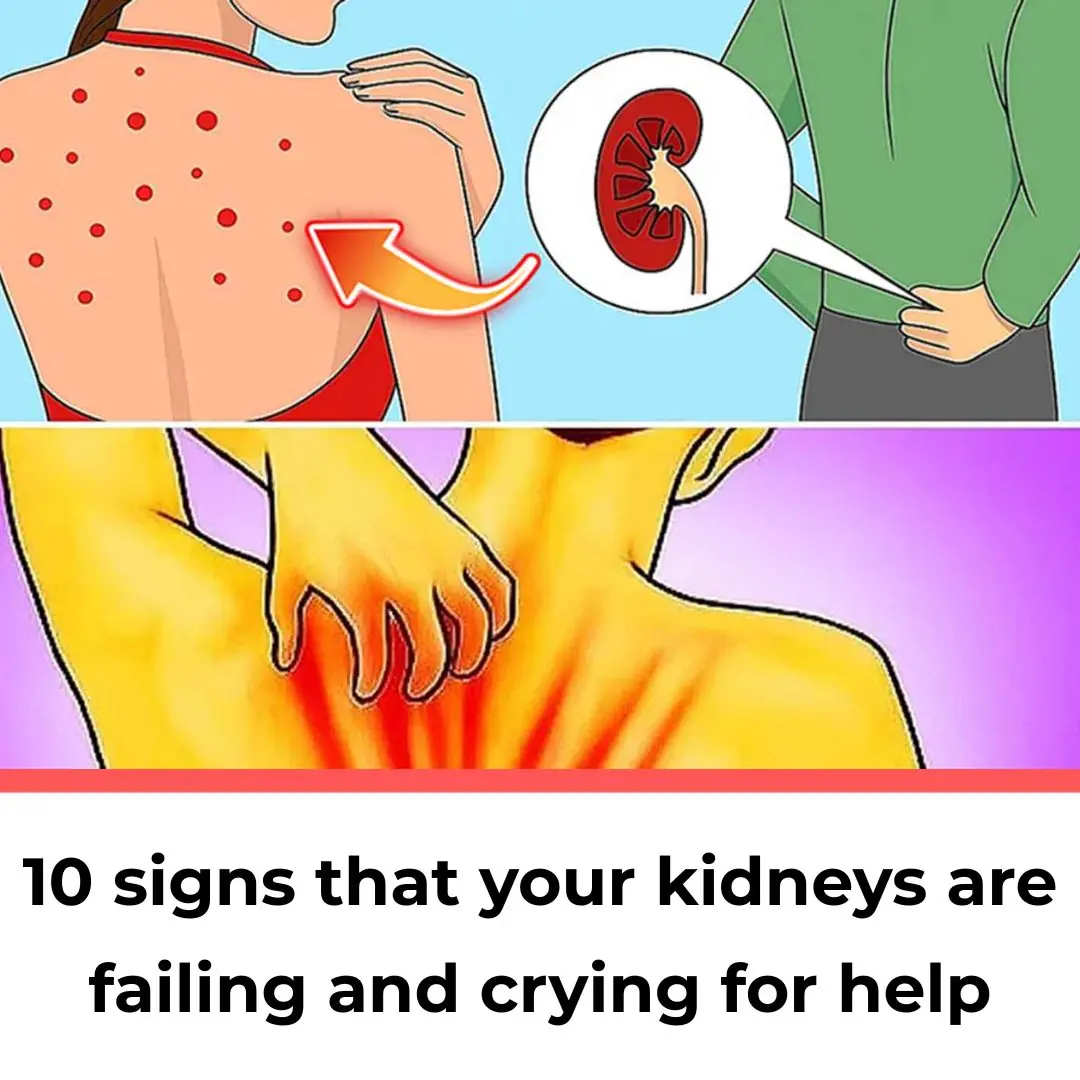
10 Symptoms of Kidney Disease
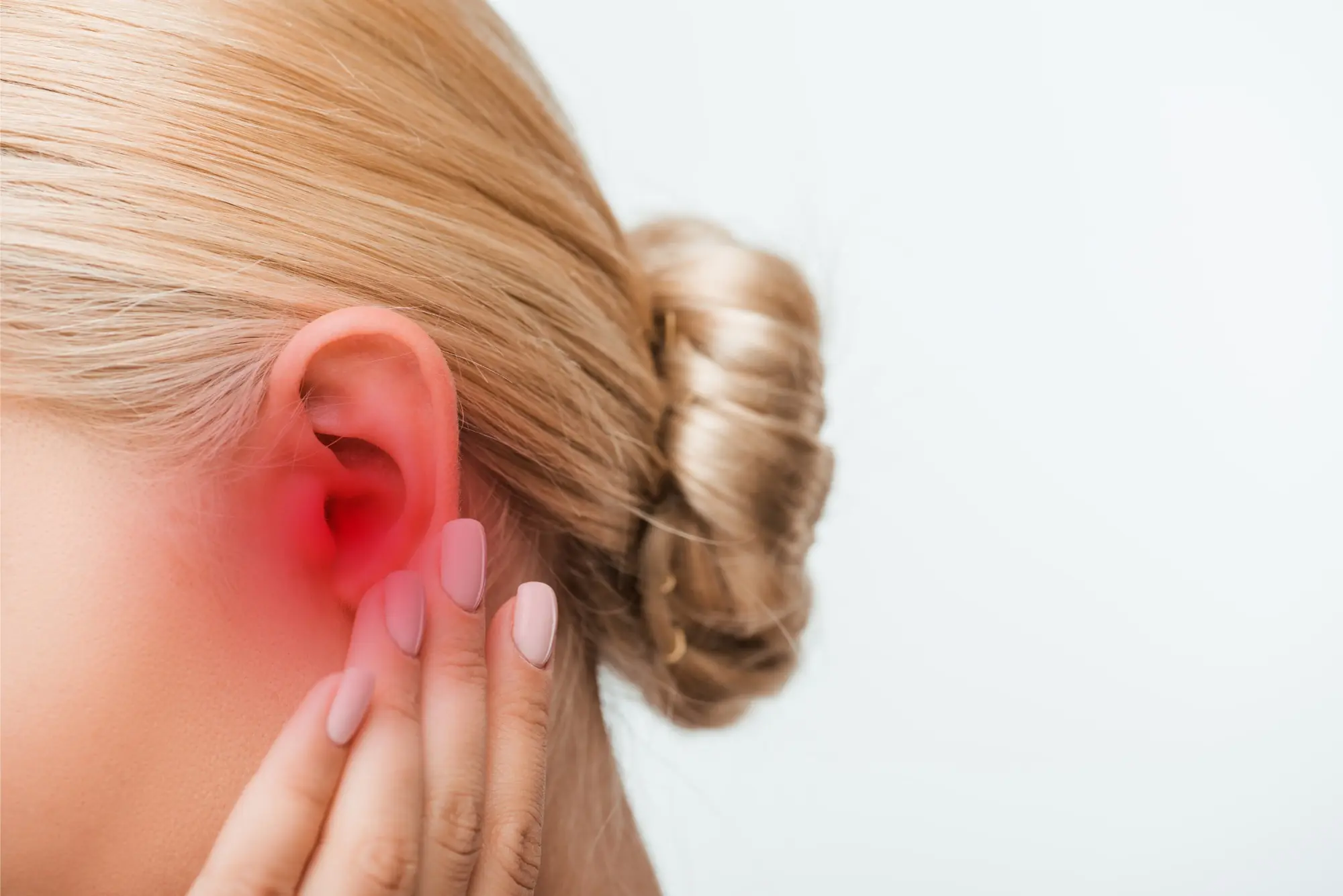
EAR PAIN EXPLAINED Causes, Relief & When to See a Doctor

Men Over 60: Chew This for 60 Seconds to Boost Energy & Confidence

How to Lose Weight with Cucumber! Simple & Quick Morning Recipe

5 Deficiencies Almost Everyone Has (But Doesn’t Know About)

Scientifically Proven Health Benefits of Papaya (Fruit) and Uses for the Seeds

Scientifically Proven Health Benefits of Extra Virgin Olive Oil

15 Nighttime Signs of Diabetes You Shouldn’t Ignore

Side effect of stopping omeprazole as NHS issues warning over use

Proven Health Benefits of Banana and Banana Peel Based on Science

Worrying health reality of what it means if you leave skids in the toilet
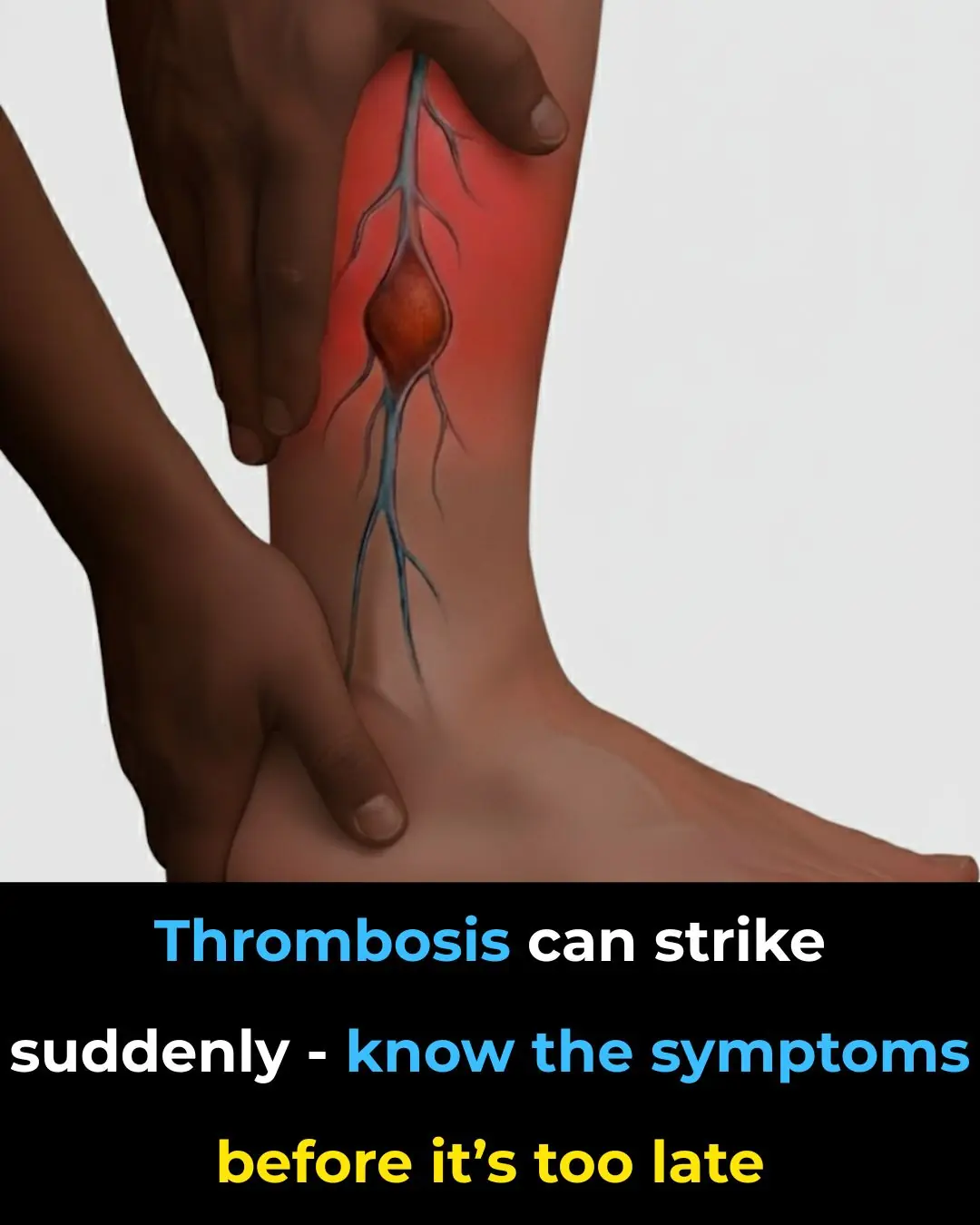
Blood Clot in Leg: Signs and Symptoms You Shouldn’t Ignore (Pictures Included)

4 diabetes mistakes you MUST avoid + 3 Secrets to naturally regenerate your pancreas!

#1 best way to reverse & slow dementia
News Post

Aloe Vera and Cinnamon Remedy: Natural Benefits for Eye Health, Immunity, and Healing

12 Powerful Benefits of Moringa Seeds

Goldenberries (Physalis peruviana): A Nutrient-Packed Powerhouse for Health and Vision
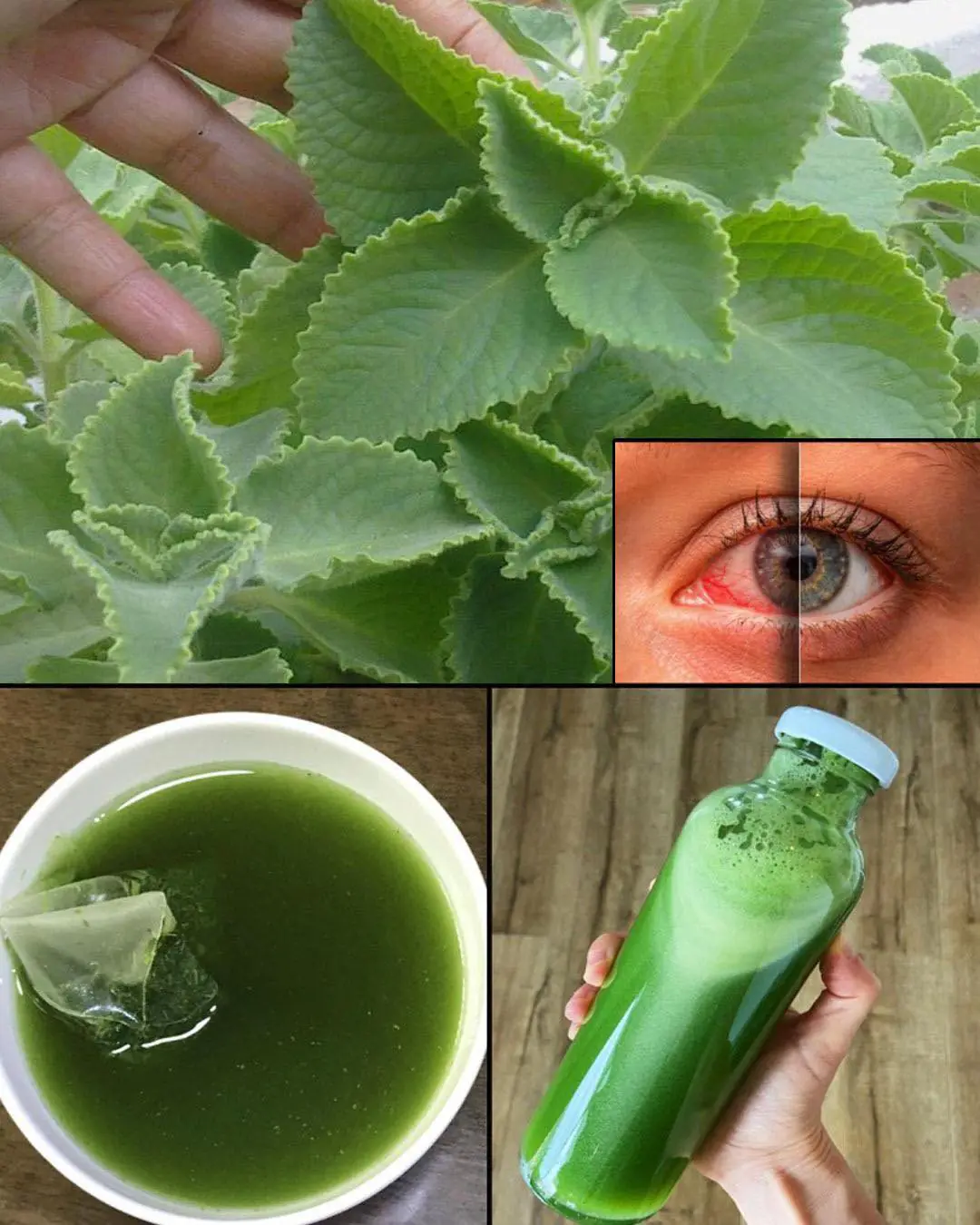
Oregano: The Golden Herb for Eye Health

Some of the Benefits of Castor Leaves and the Seed

10 Benefits and uses of purslane

Chanca Piedra (Stonebreaker): Benefits and Uses

Do you need to unplug the rice cooker after the rice is cooked: The surprising answer November 27, 2024

7 Benefits Of Papaya Seeds & How To Consume Them Correctly

Bougainvillea likes to 'eat' this the most, bury it at the base once and the flowers will bloom all over the branches

The elders say: "If you put these 3 things on top of the refrigerator, no matter how much wealth you have, it will all be gone." What are these 3 things?

Can rice left in a rice cooker overnight be eaten? Many people are surprised to know the answer.

After boiling the chicken, do not take it out immediately onto a plate. Do one more thing to make sure the chicken is crispy, the meat is firm, and the skin does not fall apart when cut.

Cut this fruit into small pieces and put it in the pot to boil the duck: The bad smell is gone, the meat is fragrant, soft and flavorful.

Warts on Hands: Causes and Effective Natural Treatments

Medicinal Health Benefits of Turmeric, Curcumin and Turmeric Tea Based on Science

4 ways to preserve green onions for a whole month without spoiling, fresh as new

The best way to lower blood pressure fast!

9 Habits You Need To Adopt Today To Stop Alzheimer’s or Dementia Before It Starts
